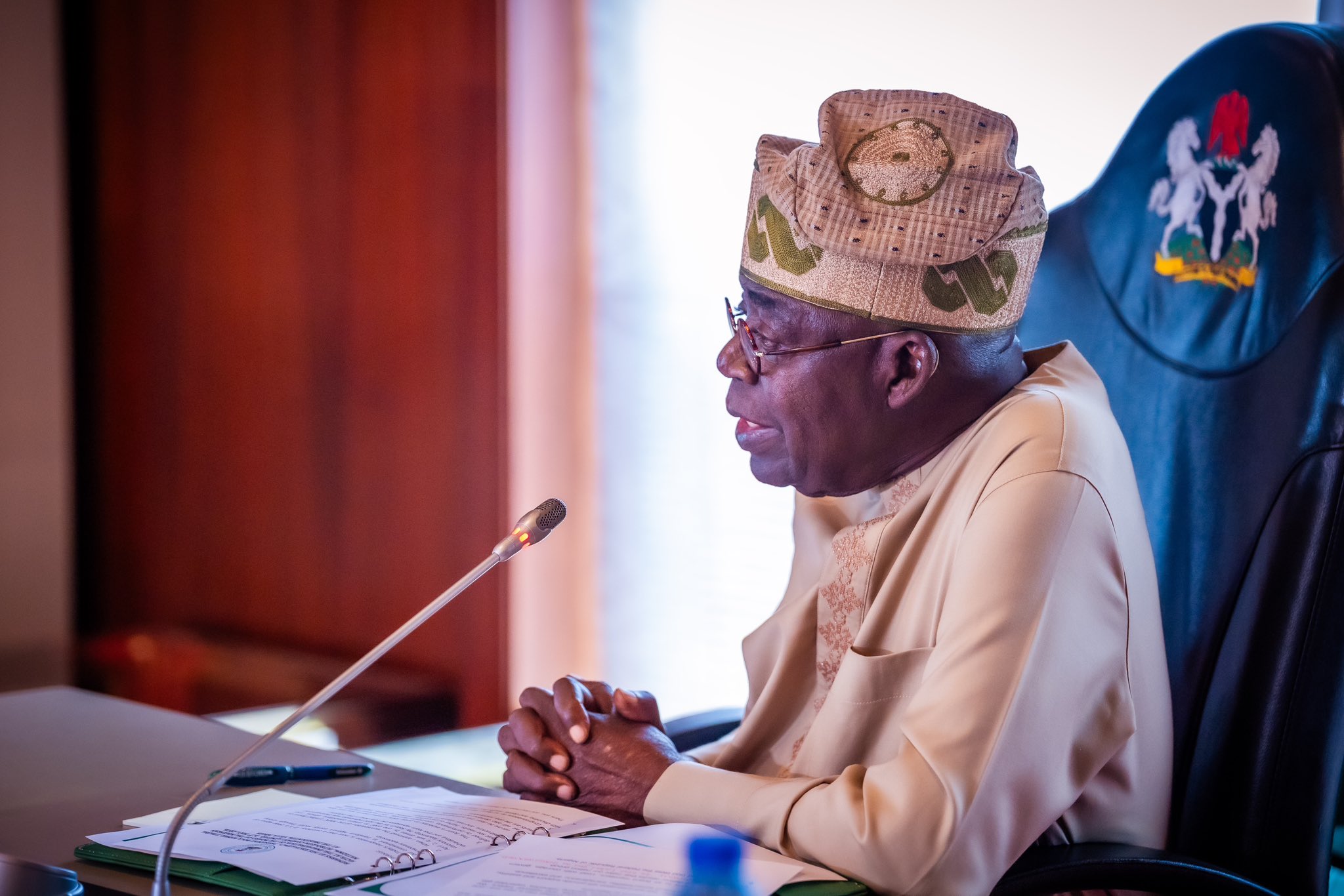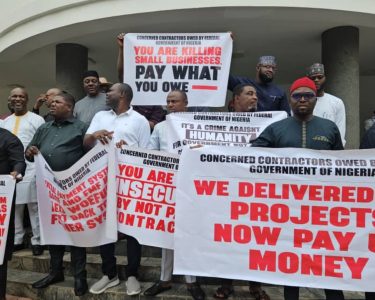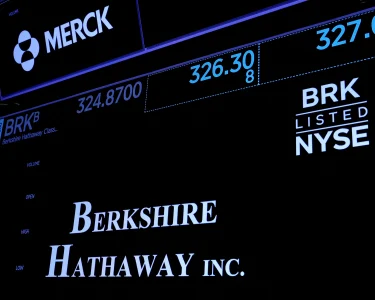Tinubu’s Tax Reforms
Debate over equity, capacity, and regional balance
Summary
- New tax laws aim to raise Nigeria’s tax-to-GDP ratio from 6% to 18% by 2027
- VAT increase and revenue allocation formula raise concerns of inequality and regressive impact
- Experts warn of implementation challenges and resistance from vested interests
Abuja, Nigeria – President Bola Tinubu’s newly signed tax reform bills, described by supporters as “historic,” are facing mounting scrutiny from policy analysts, economists, and regional stakeholders.
The reforms, enacted in late June 2025, aim to overhaul Nigeria’s notoriously weak fiscal system by raising the nation’s tax-to-GDP ratio from one of the world’s lowest, around 6%, to 18% by 2027.
The legislative package includes the Nigeria Tax Bill, Nigeria Tax Administration Bill, Nigeria Revenue Service Establishment Bill, and the Joint Revenue Board Establishment Bill.
Key provisions feature a significant hike in Value Added Tax (VAT) from 7.5% to 12.5% by 2026, with basic necessities like food, healthcare, and education exempted to protect lower-income earners. The reforms also consolidate multiple levies, exempt small businesses earning under ₦50 million annually, and replace the Federal Inland Revenue Service (FIRS) with a new Nigeria Revenue Service (NRS).
Another notable measure is the shift in VAT revenue derivation: 60% of VAT is to be returned to the states based on revenue generation. While this benefits industrialised states like Lagos and Rivers, it has sparked unease among less-developed northern states, who fear marginalisation and reduced funding. Critics argue this could deepen existing regional disparities and strain Nigeria’s fragile federal balance.
Concerns are also growing over the speed and structure of implementation. The Guardian Nigeria reported that “policy experts [are] sounding the alarm due to lack of capacity, overlapping agency mandates, and rushed consultations.”
Social media platform X has become a hub for criticism, with posts highlighting the VAT hike’s potentially regressive effect and questioning the fairness of the NRS’s 4% cost-of-collection fee, which may significantly reduce net allocations to states.
An X user posted: “They hike VAT from 7.5 to 12.5%—even if basics are exempt, that’s a regressive tax on poor consumers.” Another stated: “I raise concerns about likely negative impact of the new tax laws on revenues of most states and the implications of 4% cost of collection to NRS.”
Although Tinubu’s reforms are aimed at improving tax compliance, reducing deficit financing, and creating a more progressive fiscal structure, resistance has surfaced from powerful political blocs and regional leaders. African Business Magazine remarked that the reforms, intended to level the playing field, have instead “opened up an old wound: who really gets what in a federal system?”
As of 1 July 2025, while official messaging remains confident, indications of a pause in implementation have emerged amid political and logistical hurdles. The reforms’ success will likely hinge on meaningful stakeholder engagement, policy clarity, and mechanisms to protect the most vulnerable Nigerians.
If properly implemented, the new tax regime could provide much-needed funding for infrastructure, education, and health services. However, without transparency, equity, and robust institutional capacity, experts warn that the bold fiscal vision could falter, risking further economic strain and political discontent in the run-up to future elections.







